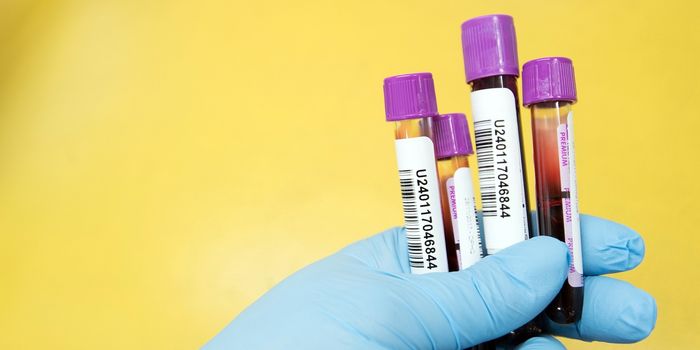Potential New Vaccine for Deadly Re-Emerging Virus
In the whack-a-mole game of zoonic diseases, Marburg virus (MARV) recently poked its nose out from hiding in Ghana with a 2022 summer-time outbreak. This relative of the six Ebola virus species has no known treatment. Now, a new vaccine is showing promise.
National Institute of Allergy and Infectious disease (NIAID) researchers at Walter Reed Army Institute of Research Clinical Trials Center published results from their phase 1 Marburg virus vaccine trials indicating significant progress towards a preventative treatment.
The vaccine candidate tested is called cAd3-Marburg. It is composed of a chimpanzee adenovirus called cAd3 modified to safely present a MARV glycoprotein on its surface to the immune system of 40 healthy study participants aged 18-50. The hope was to develop the first treatment to neutralize this deadly virus.
MARV is a zoonotic filovirus from the African fruit bat. It produces deadly hemorrhagic fevers in infected primates. Like its Ebola relatives, it causes organ system failure, shock, and death.
While MARV likely caused previous, unrecorded human outbreaks. But it was first identified in the laboratories of a few unlucky European cities. After receiving a shipment of infected African green monkeys, researchers handling the animals and tissue became sick. The disease spread, infecting family members caring for the ill. By the time it was contained, seven people had died. The virus identified as the culprit in this 1967 outbreak was named for one of the afflicted cities, Marburg, Germany.
Previous outbreaks have reported death rates from 24% to 88% of infected individuals.
Now phase 1 of the vaccine development is complete. The reactogenicity (inflammatory response) of the new vaccine was moderate and included headache, malaise, and injection site tenderness.
The cAd3-Marburg vaccine from this study found robust immunogenicity with glycoprotein-specific antibodies produced in 95% of the participants within 4 weeks. It was determined to be safe and immunogenic, with antibody production lasted for 48 weeks.
Future clinical trial phases could lead to a viable preventative tool against this re-emergent disease.
Sources: The Lancet, CDC, WHO International, EurekAlert!









